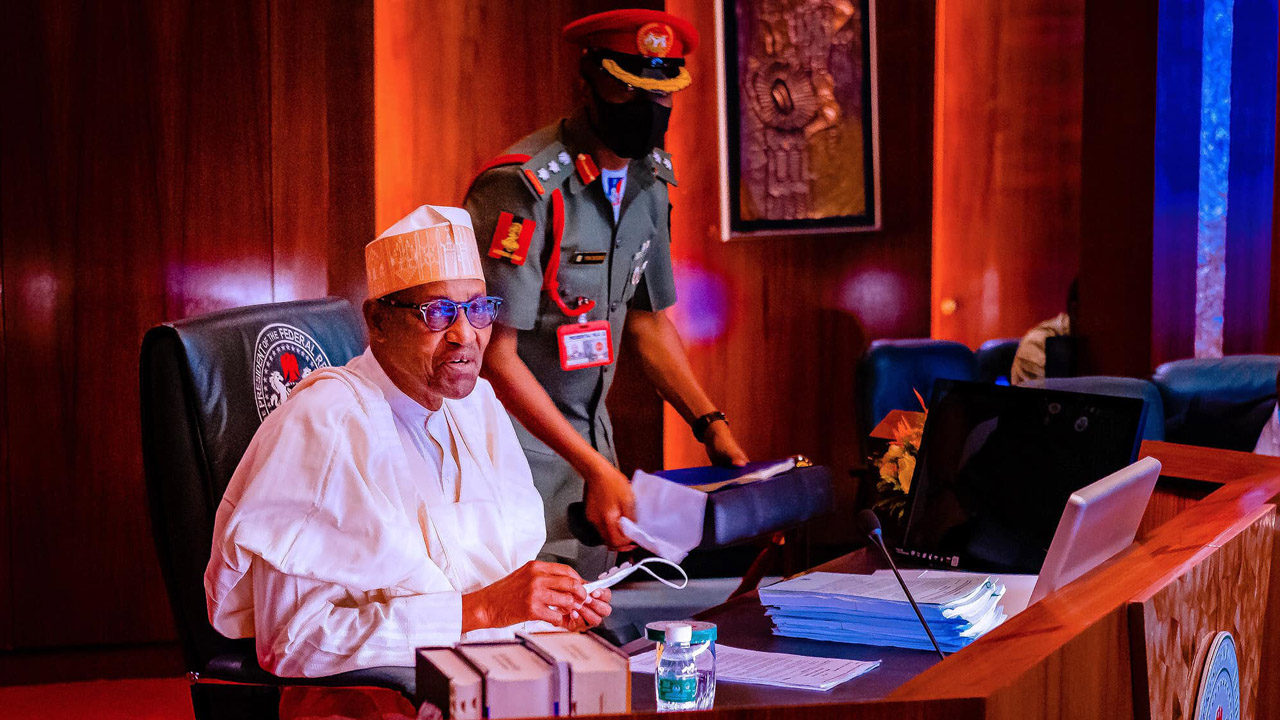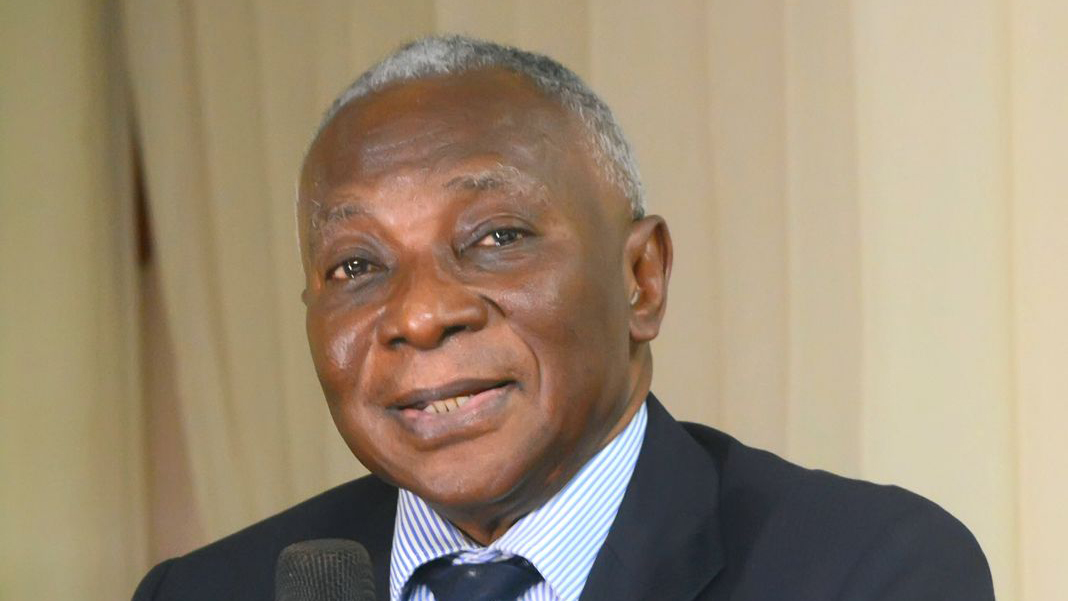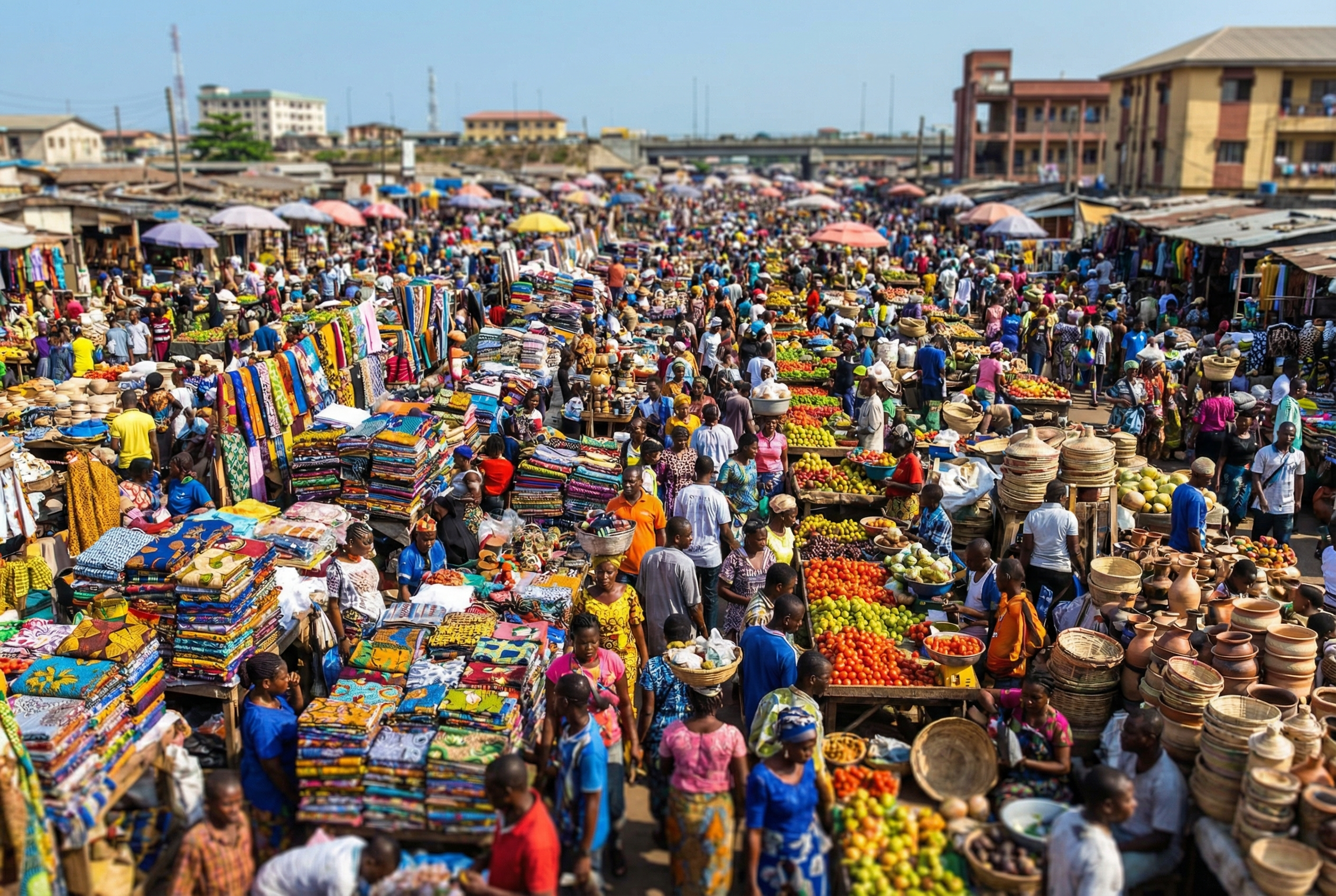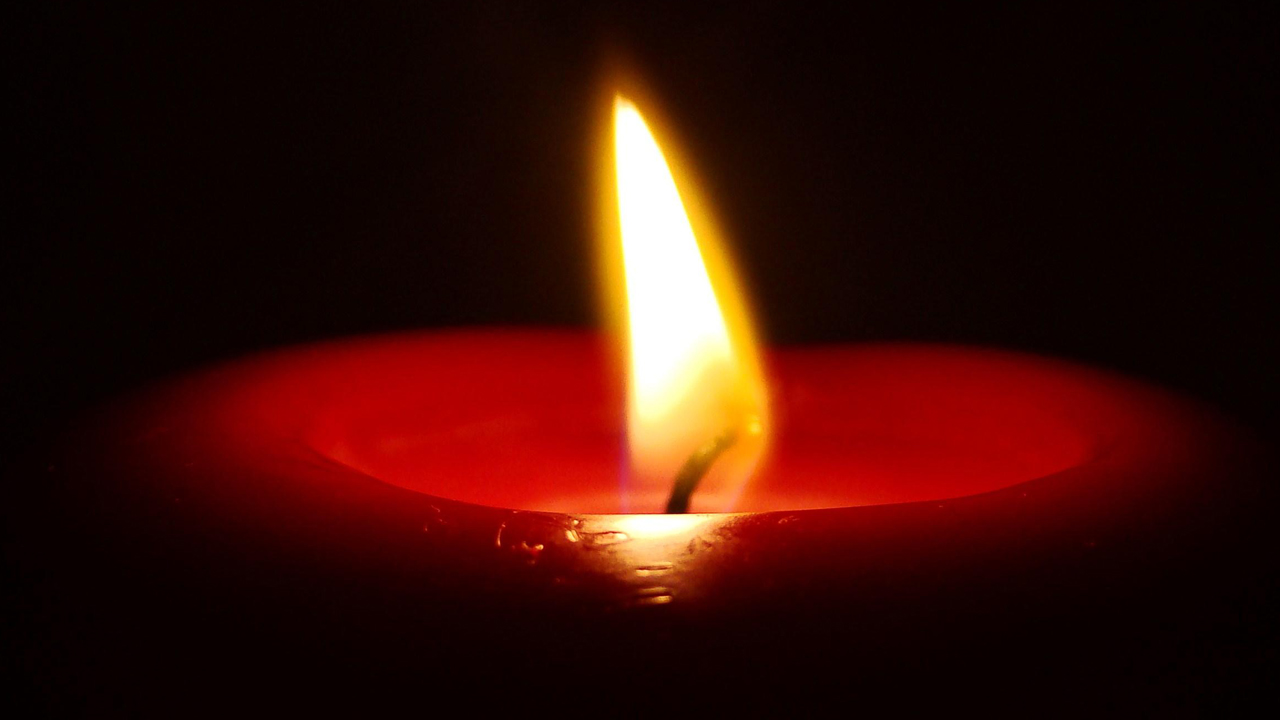
The President of any country is the number one citizen of that nation, all things being equal. He is first amongst equals, being the one that all other citizens look up to for leadership and direction. The President is the first ambassador of the nation and so the rest of the world views the country through the President. It is no wonder therefore that most laws defining the qualifications of those who aspire to the office of the President have a major requirement that the aspirant must be a citizen of the country; he must carry the life and blood of the nation, which would be the engine of the patriotism that he takes with him to that exalted office.
You can imagine the embarrassment it will cause any nation to discover that its President is a foreigner! In Nigeria, under and by virtue of section 131 (1) of the Constitution of the Federal Republic of Nigeria, 1999 (as amended), ‘a person shall be qualified for election to the office of President if (a) he is a citizen of Nigeria by birth’. It is therefore an anathema for anyone to aspire to be elected as the President of Nigeria when he is not a Nigerian citizen through the bloodline.
The Constitution is deliberate in putting emphasis on the phrase ‘a citizen of Nigeria by birth’. In other words, Nigeria must run in the blood of the President and not just any type of citizenship. This is so because by virtue of section 26 of the Constitution, you can become a Nigerian citizen other than by birth, through registration or naturalization, but this category of citizens cannot aspire to lead Nigeria as its President. So, if it can be proved that anyone occupying the position of President of Nigeria is not a citizen of Nigeria by birth, then his presidency can be queried.
On the other hand, even if a citizen has acquired that status by birth, his actions may give him out as one who has not shown enough patriotism to merit that citizenship. For instance, where the interest of Nigeria is secondary in the estimation of the President, in comparison with the interests of another nation, then there is no patriotism. This is why there is hue and cry about the true citizenship of Alhaji Atiku Abubakar, to the extent that cases have been filed in court to determine it. This would not have mattered had he not indicated his interest in the presidency of Nigeria, on the platform of the Peoples Democratic Party. And talking locally, there is still some unresolved controversy about the true identity of Senator Bola Ahmed Tinubu, who is also aspiring to lead Nigeria on the platform of the All Progressive Congress. Once you seek to be President of Nigeria, your citizenship automatically comes up for questioning.
At the beginning of his administration, President Muhammadu Buhari invested so much money conducting tests and surveys in the Lake Chad region, purportedly in search of crude oil, all of which amounted to nothing at the end of the day. Also, he took interest in the training and equipment of the armed forces of our neighbouring countries, yet insurgency has not reduced. It is reported that Nigeria supplies uninterrupted electricity to Niger Republic and that the latter is even indebted to us for this cause, when the people of Nigeria experience multiple national grid collapses every month. Charity must begin at home. There is no explanation that the President can offer, for seeking the welfare of the people of other nations over and above his own people, if he is truly a Nigerian. Let me share with you excerpts of a news report on this issue:
“Since his emergence as the President of Nigeria in 2015, President Buhari has overwhelmingly opened Nigeria’s financial vault into providing strategic infrastructural development for the Nigerian neighbours, despite the nation’s poor financial standing.
The projects executed in the last seven years include a $2billion standard gauge railway project the Nigerian government is constructing from Kano to Maradi in Niger Republic, a project President Muhammadu Buhari flagged off in February, 2021. The project, which was awarded to a Portuguese Construction Company, Mota-Engil, involved the construction of 284 kilometres standard-gauge line with 12 stations from Kano in northern Nigeria to Maradi in landlocked Niger Republic. The project was funded through an external loan of $4.054b, approved by the National Assembly, in 2018.
In July 2018, Nigeria and Niger Republic agreed to collaborate to construct an oil pipeline and refinery. They agreed that while the proposed refinery will be located in Katsina State, northern Nigeria, crude supply will be through the pipeline from Niger Republic’s oilfields in the Ténéré desert. The MoU for the two projects, which are expected to cost about $2billion, was signed by the two countries’ energy ministers and witnessed by Buhari and his counterpart from the Republic of Niger, Mahamadou Issoufou.
In November 2020, the Nigerian government, through the Ministry of Petroleum Resources, headed by President Buhari himself, signed a $2b refinery project to import fuel from Niger Republic, a country that only joined the league of oil-producing countries in 2012.
On the 27th of February, 2020, the Federal Executive Council (FEC) approved N29.2 billion for the construction of two roads linking two Northern states to the border of Niger Republic. Minister of Works, Babatunde Fashola said he had presented memorandum of understanding (MoU) to FEC for approval to construct a 46 kilometre road from Balle in Sokoto State to Niger Republic border at the cost of N9.5 billion.
To be continued tomorrow
Adegboruwa is a Senior Advocate of Nigeria (SAN).






